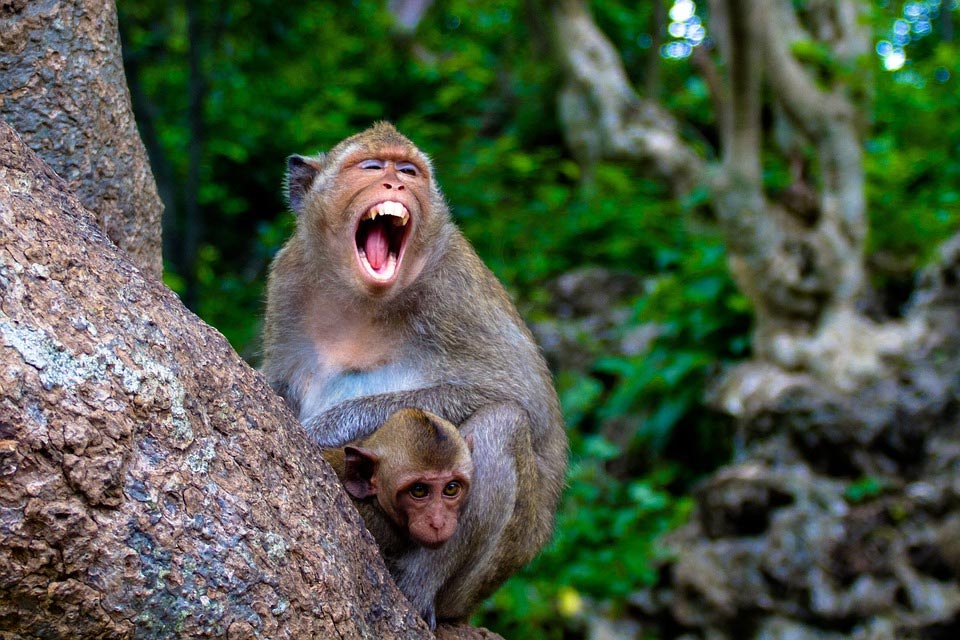
The protective behavior of mothers in the animal kingdom is a fascinating topic that has been the subject of scientific research for many years. From the fierce defense of their young by African elephant mothers to the instinct of mother birds to fiercely protect their nests and chicks from predators, maternal protection is a common feature across many species of animals. In this article, we will delve into the reasons behind this protective instinct, its benefits for offspring survival and development, and the risks mothers take to ensure their survival.
Evolutionary Reasons for Maternal Protection
Maternal protection is a fundamental aspect of the mother-offspring relationship in the animal kingdom. This behavior has evolved over millions of years through natural selection as a means of ensuring the survival of the offspring. Studies have shown that mothers who provide more protection and care to their young have higher rates of survival. In other words, mothers who invest more in their offspring are more likely to pass on their genes to the next generation.
Examples of Protective Behavior in Various Species of Animals
The African elephant mother is a well-known example of maternal protection in the animal kingdom. These mothers will fiercely defend their calves against predators, putting their own lives at risk in the process. Similarly, mother birds have an instinct to fiercely protect their nests and chicks from predators. In some species of primates, mothers carry their young on their backs, providing them with protection and mobility.
Benefits of Maternal Protection for Offspring Survival and Development
Maternal protection provides numerous benefits for offspring survival and development. By providing protection, mothers reduce the risk of their young falling prey to predators. This increased safety allows the offspring to focus on growing and developing without having to constantly worry about their safety. Additionally, mothers often provide food and care to their young, helping to ensure their survival and development.
Risks Mothers Take to Protect Their Young
While maternal protection provides numerous benefits for offspring survival and development, it also comes with significant risks. By putting themselves in harm's way to protect their young, mothers are at risk of injury or death. However, the instinct to protect their offspring is so strong that many mothers will still take these risks, even in the face of significant danger.
Role of Hormones and Genetics in Maternal Protection
The hormones and genetics of mothers play a crucial role in determining their level of protection. Studies have shown that certain hormones, such as oxytocin and prolactin, are released in mothers during pregnancy and breastfeeding, which increases their level of protectiveness. Additionally, genetics also plays a role in determining the level of protection provided by mothers.
Conclusion
In conclusion, the protective instinct of mothers in the animal kingdom is a crucial aspect of the mother-offspring relationship. From the African elephant mother to the mother bird, maternal protection is a common feature across many species of animals. By providing protection, mothers increase the survival and development of their young, even at great risk to themselves. The hormones and genetics of mothers also play a significant role in determining their level of protection. Whether it's the African elephant mother or the mother bird, a mother's love knows no bounds.
Animal Science

